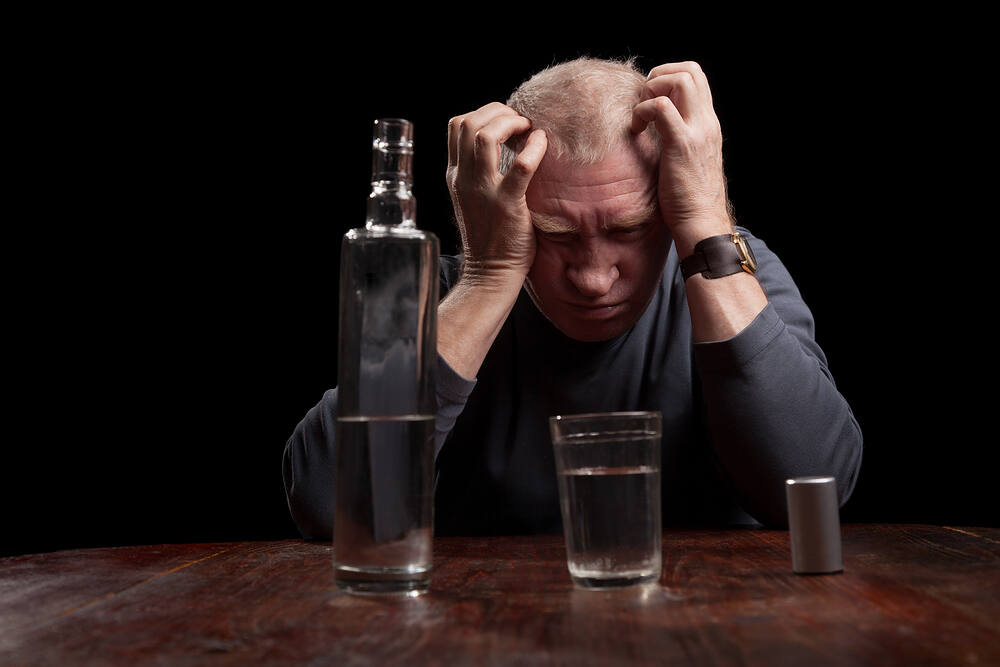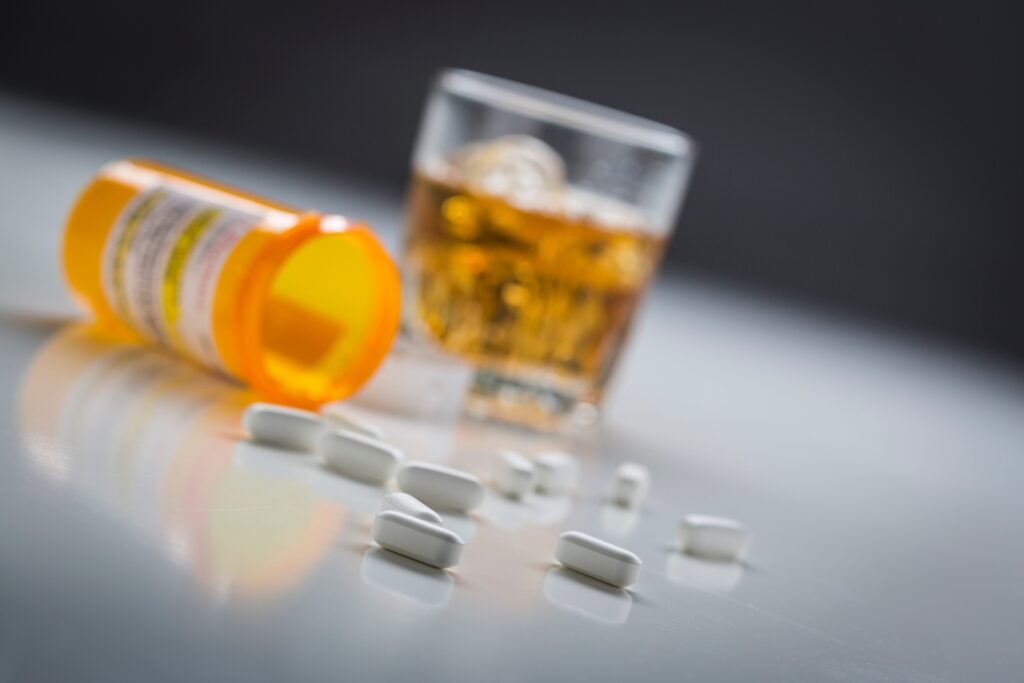Do You Ask Yourself: Am I an Alcoholic?
Millions of people in the UK drink alcohol regularly.
They enjoy going to parties or the pub with friends. Many also drink at home, having a glass of wine with dinner or a beer when watching TV.
When does casual drinking turn into a problem? How do you know when you have crossed the line from being a person who occasionally enjoys a drink to having a drinking problem?

You may convince yourself you are not the type with a good job and a happy home life. You like a drink occasionally, but you don’t have an issue.
People often have an image of what an alcoholic looks like.
They still see the homeless and destitute or unemployed people drowning their sorrows. However, alcoholism affects all walks of life, from the man on the street to the executive.
Many have claimed to have their drinking under control and can stop whenever they want. Still, alcohol addiction can take over a person’s life, sometimes without them even realising it, and anyone can fall under its grip.
Casual Drinking, Alcohol Abuse & Alcoholism
Let’s start with casual drinking.
Unless you have religious or personal restrictions, there’s nothing wrong with a few drinks with friends, maybe some wine with dinner, or the occasional drink at a party. The problem starts, though, when you begin abusing the substance.
Many use the terms “alcohol abuse” and “alcoholism” interchangeably. However, alcoholism refers to alcohol addiction or dependence, where the individual has a physical or psychological compulsion to drink alcohol. Alcohol abuse refers to a pattern of behaviour where a person drinks excessively despite the negative consequences.
But what is excessive drinking? There are two types:
Heavy drinking
For men under age 65, heavy drinking means having four drinks daily or more than 15 weekly.
For women and men over 65, heavy drinking is more than three drinks a day or more than eight drinks a week.
Binge drinking
Binge drinking is drinking a large amount of alcohol at one time. It’s defined as five or more drinks within two hours for men. It’s four or more drinks for women in that same time frame.
If you keep within moderate alcohol use or social drinking, you consume no more significant than fourteen units of alcohol in a week for a man and seven drinks for a woman.
Signs of Alcoholism
If you are concerned you may be drinking to an alcoholic level, you should look for the signs.
- Drinking alone and in secrecy
- Losing interest in other activities that were once enjoyable
- Alcohol cravings
- Making drinking a priority over responsibilities, such as employment and family
- Alcohol withdrawal symptoms (sweating, anxiety, etc.)
- Extreme mood swings and irritability
- Feelings of guilt associated with drinking
- Having a drink first thing in the morning
- Continuing to drink despite health, financial and family problems
- Inability to stop or control the amount of alcohol that’s consumed
Those in the throes of addiction find it hard to stop drinking when they start and cannot control how much they take. They may consume alcohol by themselves in secret and then feel guilty about it. Alcoholics can also experience irritability and mood swings and suffer alcohol withdrawal symptoms when they stop drinking.
These are just a few indicators that you or someone close to you may have a problem with addiction.
How Do I Tell If I Am An Alcoholic?
You may be feeling at this point that something is amiss. You might be wondering, “Do I have a drinking problem?” You must be completely honest to know if you have a drinking problem.
If you are afraid you might drink beyond the level of casual consumption and may be an alcoholic, you should consider treatment. Speak to a counsellor or choose an alcohol rehab detox at a clinic. It can get you the help you need to get your drinking under control.



